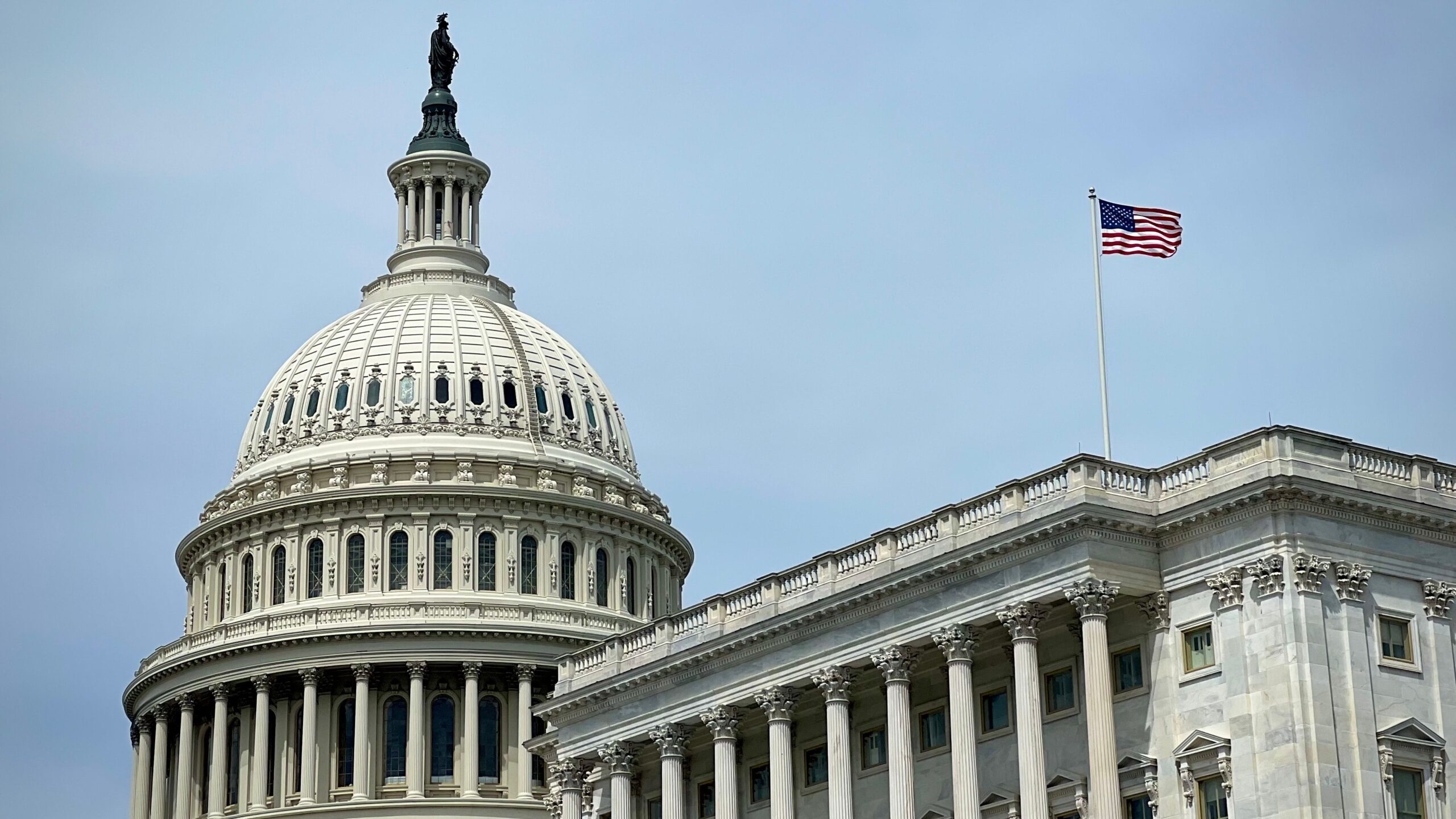
Senate Rejects Progress on Stablecoin Legislation, Postponing Action Amid Continued Trump-Related Worries
The proposed legislation in the U.S. aimed at regulating stablecoins has not made significant progress, as a strong Democratic opposition prevented the bill from entering a crucial debate phase that could potentially lead to a vote.
The cryptocurrency industry is keeping a close watch on developments in the Senate, where the outcome of its ongoing legislative efforts remains uncertain this year. The initial major bill concerning stablecoins, which includes regulations for assets like Circle’s USDC and Tether’s USDT, encountered obstacles despite earlier bipartisan support in a Senate Banking Committee vote.
A vital procedural vote intended to propel the bill into an open debate next week was unsuccessful, with a tally of 48-49. According to Senate rules, a minimum of 60 votes was required to proceed. Senators Hawley and Paul voted against the proposal, diverging from their Republican colleagues, and Senate Majority Leader Thune also switched his vote to “no” as a tactical move to revisit the legislation at a later date.
Some Democratic senators, who had initially supported the bill, shifted their stance recently. They expressed concerns that the proposed regulatory framework on stablecoins lacked adequate protection against illicit activities, particularly voicing apprehension about potential conflicts of interest related to President Trump’s ties to the crypto sector.
Senator Gallego, who has received substantial financial support from crypto political action committees for the upcoming election, articulated his belief that a path exists for achieving the bill’s objectives. However, he suggested that the labor and goodwill invested thus far should be reassessed.
Gallego emphasized, “Legislation of this magnitude should not be rushed; we need adequate time.” He clarified that he did not aim to halt the process but rather to foster innovation and economic growth in the United States.
He requested that Republicans postpone the vote until at least Monday, allowing time for legislators to inform any opponents about the bill’s contents, which had not been finalized before the vote took place.
Senator Warner, representing Virginia, shared his hope that discussions could still take place soon, asserting that stablecoins are crucial for the future of finance. Nonetheless, he indicated that the bill’s text required more refinement to offer better protections for Americans.
Republican senators, including Thune, pushed for an immediate move to an open debate, where amendments could still be considered.
“We must take proactive measures to empower all Americans in managing their financial futures,” stated Senator Lummis, a Wyoming Republican leading a crypto subcommittee. Prior to the vote, she noted that the staff had worked diligently to bring the bill to the floor, incorporating numerous amendments from Democrats.
“This is a bipartisan initiative that has undergone a bipartisan process from the onset,” Thune remarked following the vote, indicating that Democrats had been included at every turn. He highlighted that this was the sixth iteration of the legislation.
Thune expressed confusion over the current stance of Democrats, stating that the intention was to revisit the bill when they were prepared to engage seriously in the process, which was clearly not the case at this time.
Senator Hagerty, the bill’s original sponsor, took an even stronger position, asserting that senators who opposed commencing the debate were effectively voting to “jeopardize the future of the crypto industry in America.”



















Post Comment